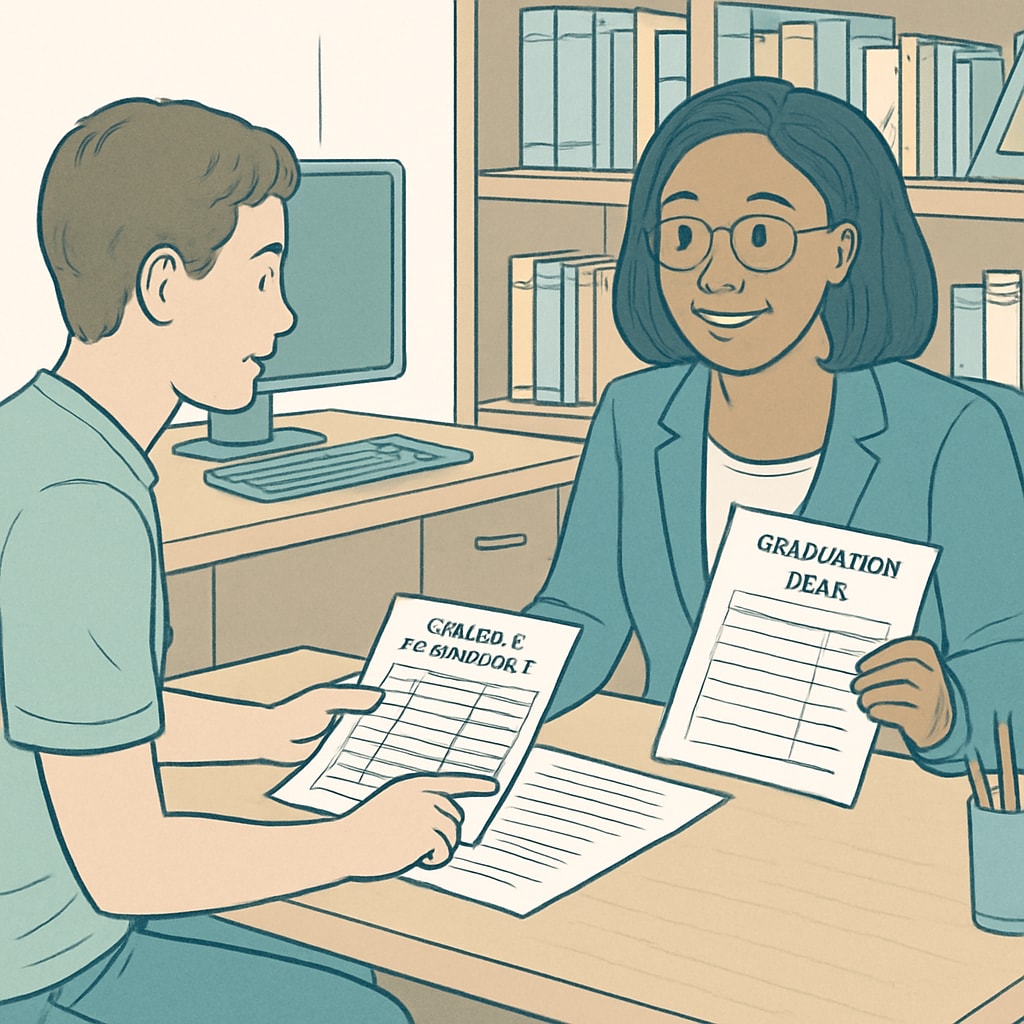For students struggling with high school credit deficiency, the pressure to graduate on time can feel daunting. This challenge is even more significant for ADHD students who may face additional obstacles in maintaining focus and organization. However, with proper planning, alternative learning methods, and a strong support system, it is possible to catch up on missing credits and achieve graduation within two years.
Understanding Your Credit Deficiency
The first step in addressing credit deficiency is assessing the extent of the issue. Meet with your school counselor to review your transcript and identify which credits are missing. This process will help you determine how many credits you need and which subjects require focus. Consider categorizing missing credits into core subjects (math, science, English, etc.) and electives to prioritize effectively.

Once you’ve identified the gaps, ask about your school’s policies on credit recovery. Some schools offer summer school, evening classes, or online courses specifically designed to help students make up for lost credits. Understanding these options early will enable you to craft a realistic plan.
Exploring Alternative Learning Methods
Traditional classroom settings may not always be the most efficient way to recover credits, especially for ADHD students who might benefit from flexible learning environments. Here are some alternative paths to earn credits:
- Online Courses: Many accredited platforms offer self-paced courses that allow students to focus on specific subjects without classroom distractions. This can be a game-changer for students who thrive in independent settings.
- Dual Enrollment: Some high schools partner with community colleges, enabling students to earn both high school and college credits simultaneously.
- Credit-by-Exam: If you’re confident in your knowledge of certain subjects, check whether your school allows credit recovery through standardized exams.
- Project-Based Learning: For ADHD students, hands-on projects might provide a more engaging way to fulfill elective requirements.
Additionally, discuss with your counselor or special education team whether accommodations can be provided to better support your learning style.

Building a Support System
Recovering high school credits on a tight timeline can be stressful, but having a strong support system can make all the difference. Surround yourself with people who understand your goals and challenges, such as family members, teachers, and friends. For ADHD students, this might also involve working with a therapist or coach specializing in executive functioning skills.
To stay organized and motivated, consider the following tips:
- Create a Schedule: Break down your credit recovery plan into manageable milestones. Use planners or digital apps to track deadlines and progress.
- Set Realistic Goals: Prioritize subjects with the highest credit gaps first and avoid overloading your schedule.
- Celebrate Small Wins: Reward yourself for completing assignments or passing exams to stay motivated.
Remember, recovering credits is not just about academic success; managing your mental health is equally important. Regular breaks, exercise, and mindfulness practices can help reduce stress and improve focus.
Specialized ADHD Strategies
ADHD students often require tailored approaches to succeed academically. Here are some specific strategies to consider:
- Chunking Tasks: Break assignments into smaller, more manageable parts to avoid feeling overwhelmed.
- Eliminating Distractions: Create a dedicated study space free from noise and interruptions.
- Using Visual Aids: Use color-coded charts or sticky notes to organize deadlines and assignments.
- Incorporating Movement: Use techniques like standing desks or pacing during study sessions to stay engaged.
If needed, discuss medication or therapy options with a healthcare professional to further support focus and emotional well-being.
Staying Focused on the Goal
While catching up on high school credits is undoubtedly challenging, keeping your ultimate goal—graduating on time—can serve as a powerful motivator. Regularly revisit your progress and adjust your plan as necessary. In addition, remember that setbacks are part of the process, not the end. Stay resilient and seek help whenever needed.
By combining effective planning, alternative learning methods, and robust support systems, even students with ADHD can overcome credit deficiencies and graduate successfully. Your determination, coupled with the right resources, will pave the way for a brighter future.
Readability guidance: Use short paragraphs, bullet points, and clear transitions to ensure accessibility. ADHD-specific strategies are woven throughout the article to keep the content inclusive.


